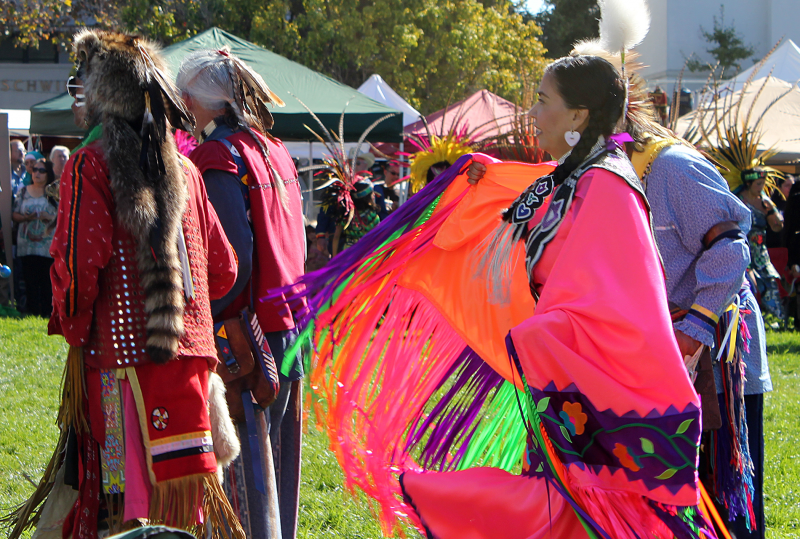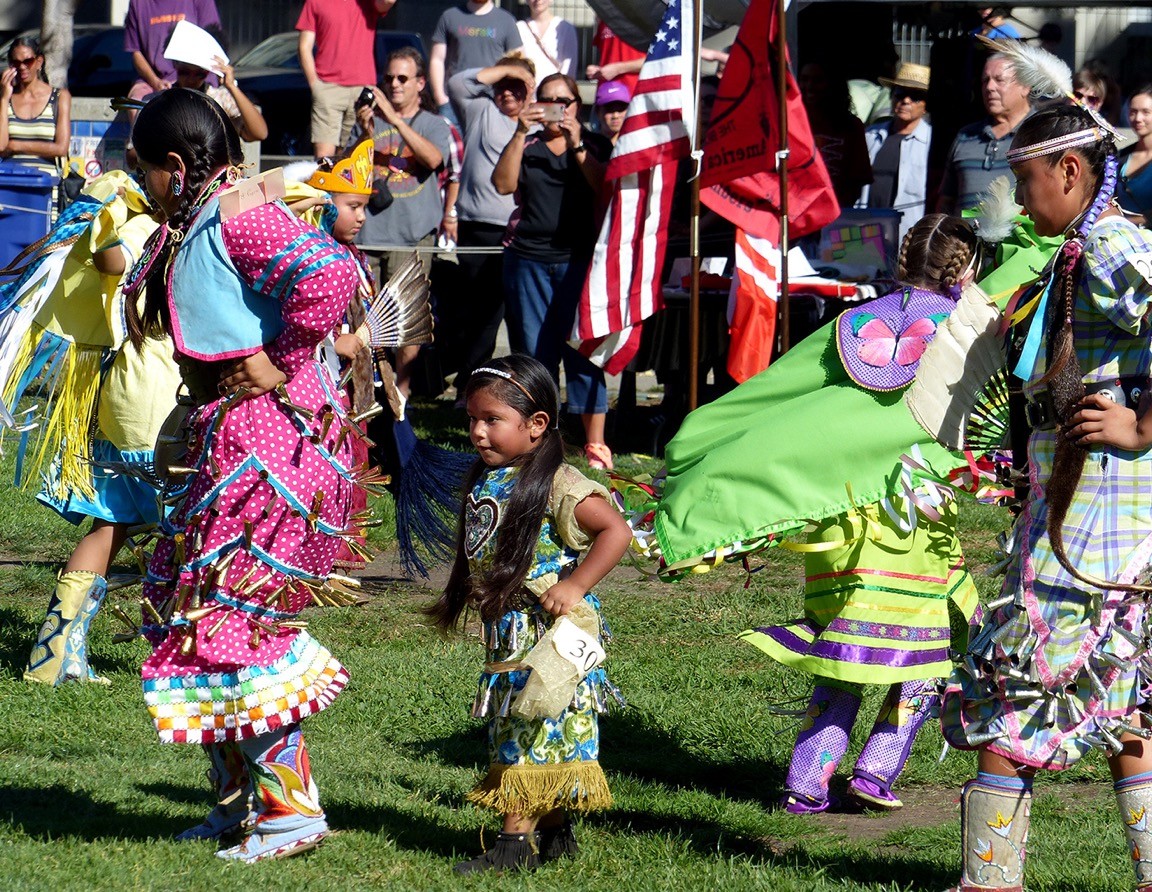Indigenous Peoples Day, the holiday that celebrates Native American cultures and peoples, celebrates its 28th anniversary on Monday, Oct. 12, 2020.
This year, the celebration will take place not in person, but virtually on Zoom as a COVID-19 safety measure.
Indigenous Peoples Day is also a holiday that began as a Bay Area protest of Columbus Day. Here's how it all unfolded.
Challenging Columbus
In the 1980s, then-U.S. President Ronald Reagan created the Christopher Columbus Quincentenary Jubilee Commission.
Its job was to come up with a grand celebration to commemorate the 500th anniversary of the arrival of Columbus in the Americas. The plan was for replicas of Columbus’ three ships to sail along the East Coast and then over to California.
“They were going to go into the Panama Canal, and sail into the San Francisco Bay as part of this national hoopla,” said John Curl, Berkeley resident and one of the organizers of the first Indigenous Peoples Day.

